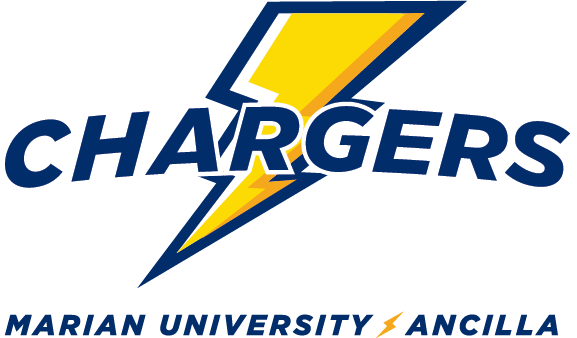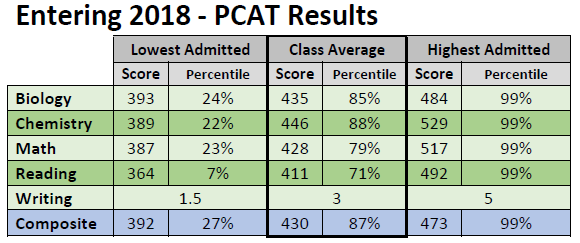- We recommend you choose the program that suits your personal and professional goals. Do a lot of online research. If possible, visit those schools that are the best match for your career interests.
- Having trouble selecting a graduate program that fits your needs? Check out U.S. News and World for grad school guides and rankings.
- Once you have narrowed the list of schools to your top choices, begin the application process.
- Give yourself plenty of time to complete grad school applications and start well in advance of the due dates. Avoid rushing through your application and take the time to provide thoughtful answers and materials that showcase your best undergraduate work.
Watch the Career Short for more information:
Graduate School Application Timeline
Follow this general timeline to keep yourself on track. Time frames are approximate: Check the deadlines for your schools of interest and adjust accordingly.
Junior Year
-
If your GPA is an issue, it’s time to pull your grades up!
-
Start looking for programs and schools that match your interests.
-
Investigate what kind of financial aid options will be available to you at the various institutions, including grants, loans, fellowships, and assistantships.
-
Schedule your entrance exams. You may want to take these exams in the spring of your junior year so you get them out of the way (and have time to retake if necessary).
Senior Year
-
Get your transcripts from all your post-secondary education institutions.
-
Line up references and provide them with the information they need to write a complete reference.
-
Schedule your entrance exams if you haven't already taken them or need to retake them.
-
Fill out your applications and FAFSA before the end of the calendar year.
-
Acceptance letters should arrive in the Spring.
Watch Self Made Millennial as she talks about her admissions board experience for grad school!
Application Support
- See our Preparing and Applying for Jobs page for instructions and resources for resumes and CVs.
- Check out our Personal Statement Video to get started on your personal statement.
- Schedule an appointment with us if you want additional feedback on your materials or if you would like to conduct a practice interview. We can personalize it for your program.




